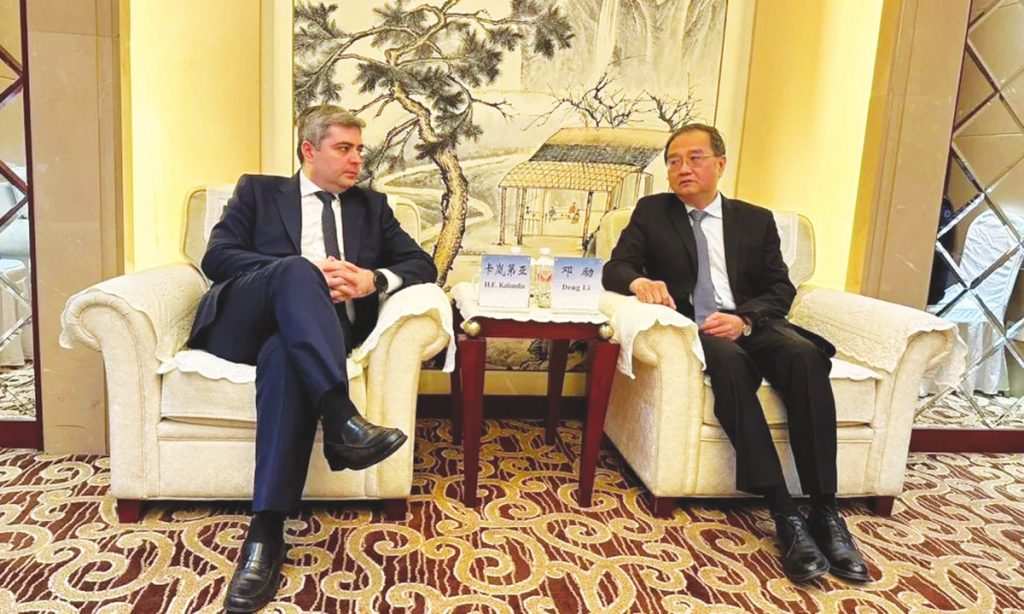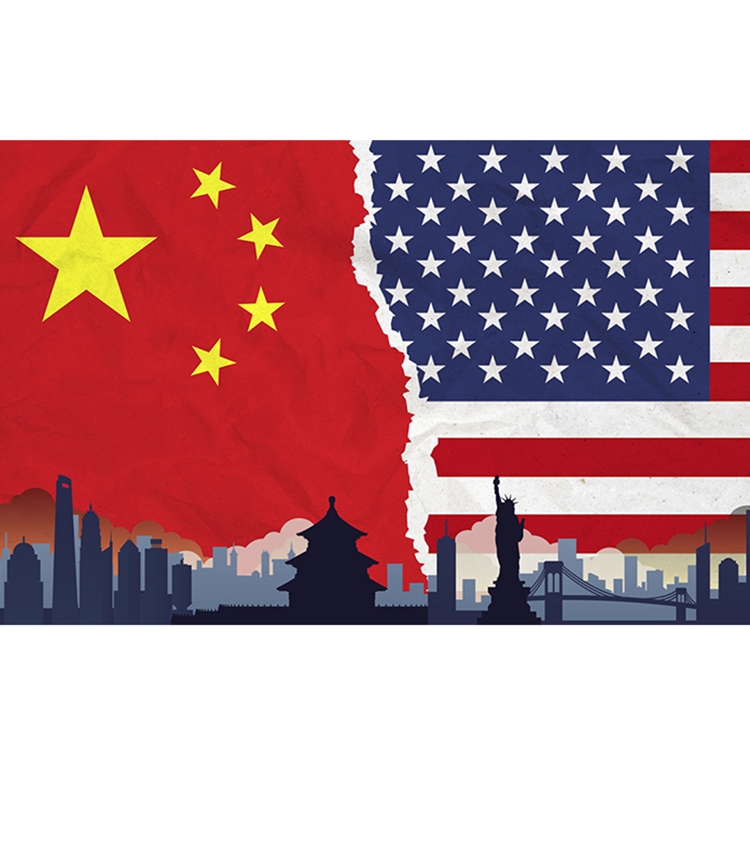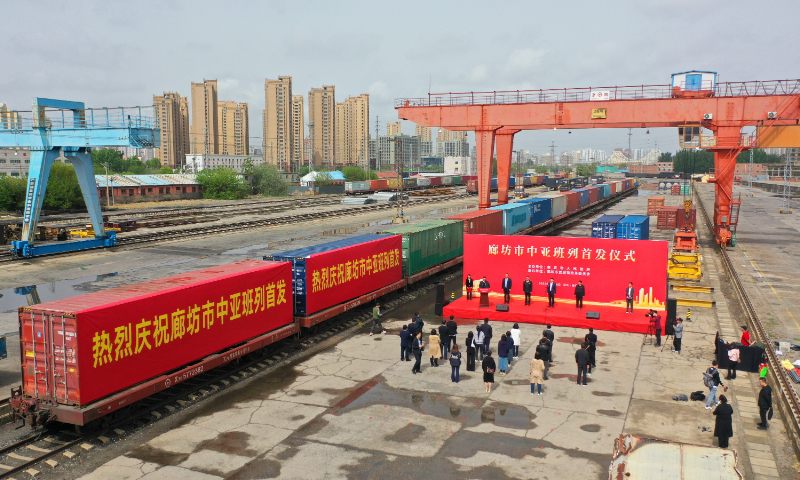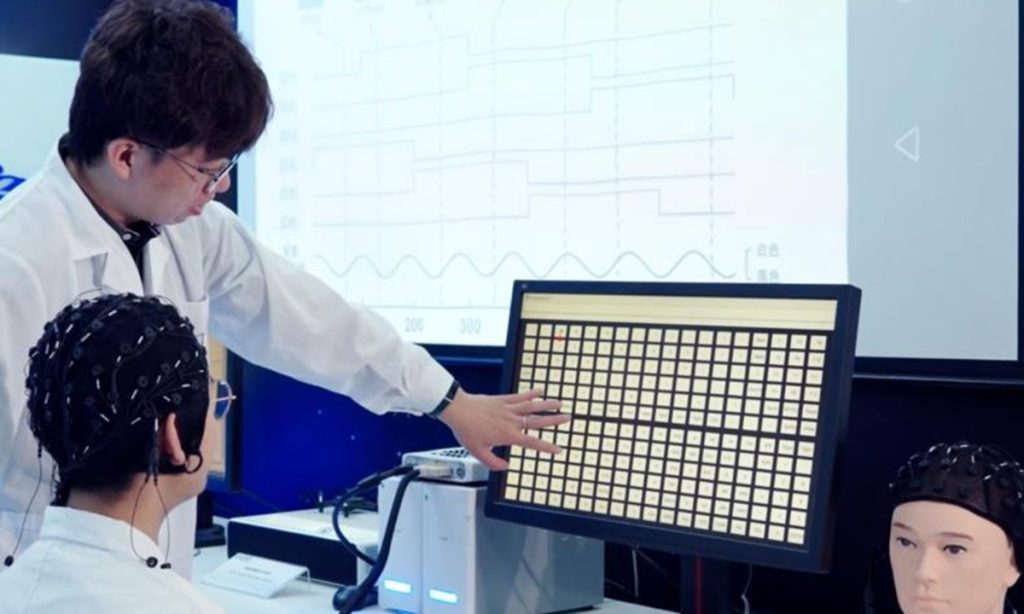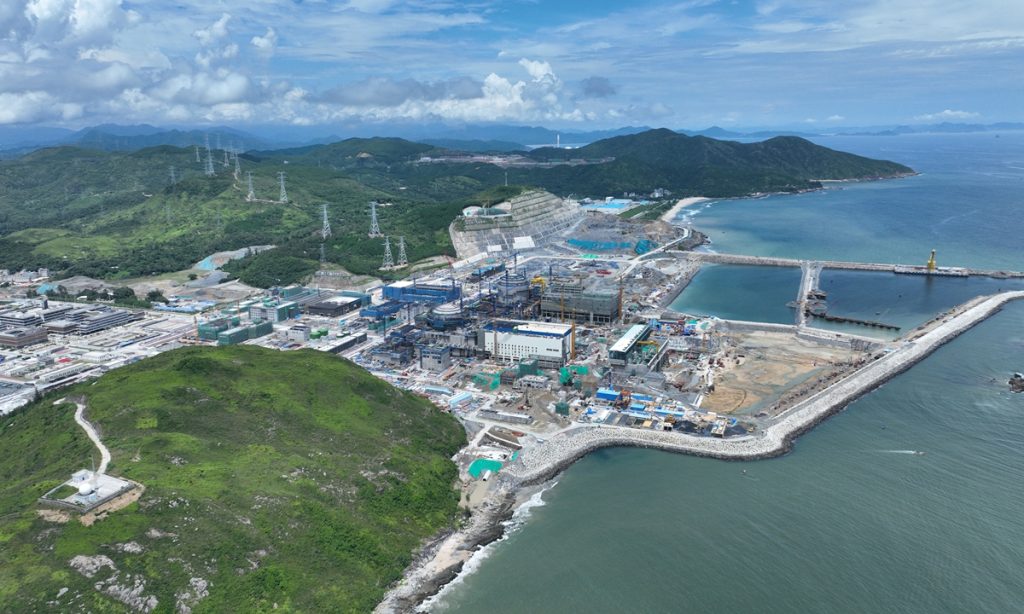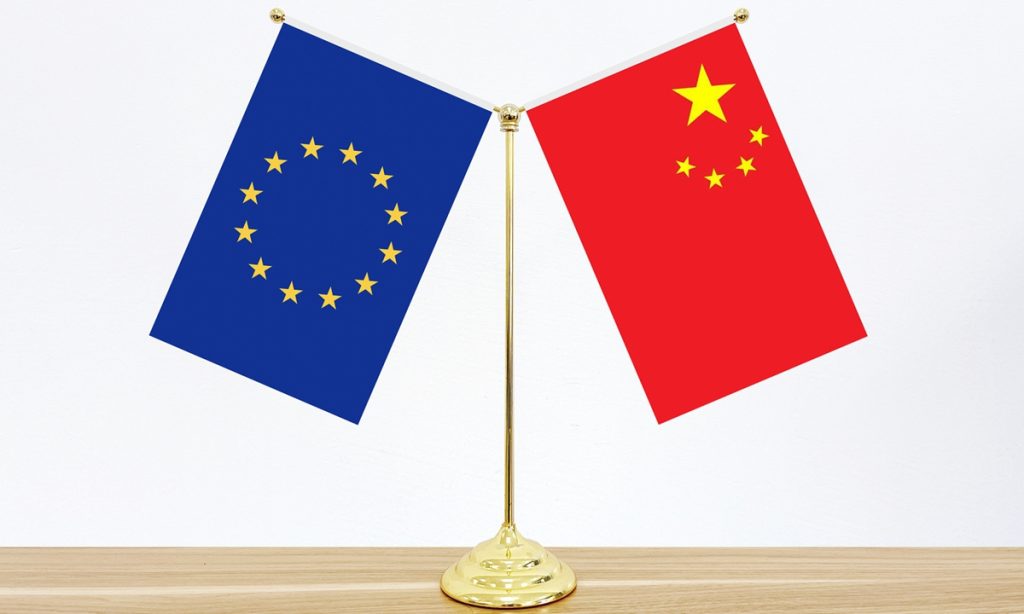Hometown witness: Yearning for reunion in Spring Festival reflects 'one family' consensus across Straits
Editor's Note:
The world recently celebrated a splendid Chinese New Year, welcoming the Year of the Dragon.
During the holidays, Global Times reporters returned to their hometowns where they were reacquainted with old traditions and introduced to new post-pandemic experiences. To share their experience, we have launched the "Hometown Diary" series. Spanning from north to south, east to west, six articles will focus on different provinces, exploring the development and evolution from traditional to modern, and from economic to cultural dimensions.
This series is not only a comprehensive review of China's vast territory and diverse regional cultures but also a profound reflection of how different areas across the country maintain their identity and embrace changes.
Through the lens of hometown observations, we hope to touch the hearts of our readers, allowing everyone to find resonance in these stories and feel the warmth and vitality that hometowns provide, regardless of changes brought about by time.
This is the third installment in the series, in which we gain a fresh perspective into understanding how Fuzhou has transformed to become a bridgehead for the integrated development of both sides of the Taiwan Straits, and how Shanghai serves as an attractive opening-up portal to the outside world.
Every morning at the crack of dawn, Lin Fa-wei and his wife Wei Jinyan, kick off their day with a flurry of activity: Steaming sticky rice, prepping fillings, and wrapping mochi… And even during the 2024 Spring Festival holidays, there's no rest for the couple.
This is the 10th Spring Festival they have spent in Fuzhou, capital city of East China's Fujian Province.
Since the resumption of civil exchanges between the two sides of Straits in 1987, Fujian, which is connected to the island of Taiwan by a single waterway, has become the province with the largest and most concentrated number of cross-Straits marriages on the Chinese mainland.
As of September 2023, Fujian has registered 119,000 cross-Straits marriages, accounting for nearly one-third of the total. Over the last 30 years, cross-Straits couples, especially those between Fujian and Taiwan island, have provided countless examples of increasing unity between the peoples across the Straits.
Over the Spring Festival holidays, I had the heartwarming opportunity to visit a cross-Straits couple in my hometown. Together, we rolled up our sleeves and made mochi with a delightful Taiwan flavor. The experience reiterated that in Fujian, the Spring Festival is a time filled with a deep yearning for reunion, evoking a nostalgia that highlights the strong sense of belonging shared by Chinese people and reflecting a "one family" consensus across the Straits.
Same Spring Festival spirit
On the morning of February 11, the second day of the Lunar New Year, I arrived at Shangxiahang at 10 am to find the New Year goods exhibition in full swing. In a matter of minutes, a snaking line had formed in front of the two stalls of "Guangtou Mochi."
In the Minnan dialect, Mochi means friend.
"I couldn't be more thrilled to have been invited by the Fuzhou City Federation of Industry and Commerce to showcase our mochi at the cross-Straits New Year goods exhibition at the historic Shangxiahang traditional block," Lin shared with me.
Sporting a bald head, Lin named his mochi brand "Guangtou (Bald in English) Mochi."
As Lin engaged with customers, the fact that he hailed from Taiwan island only seemed to endear him further to the crowd.
"You are a Taiwan compatriot! The Chinese mainland welcomes you!" said an elderly couple passing by, with their faces beaming with excitement.
In 2002, Wei embarked on a journey from Fuzhou to Taipei to visit her relatives, but little did she know that this trip would change her life forever. It was in Taipei where she met Lin, a charming young man who worked at a pastry shop. Their love story started. In 2008, they decided to settle down in Taiwan island.
Every Chinese New Year, Lin and Wei would make the journey back to Fuzhou to visit Wei's family. They would always bring with them handmade mochi, a delicacy that never failed to impress their loved ones. The positive feedback they received sparked an idea in their minds - why not start a business in Fuzhou by selling their beloved mochi?
In 2014, they took a leap of faith and rented a small 22-square-meter storefront in Fuzhou to kickstart their business.
"It wasn't easy in the beginning," Lin reminisced. Determined to maintain the authentic Taiwan flavor, Lin insisted on sourcing all the ingredients from Taiwan island, despite the long and costly logistics involved.
Fortunately, help came in the form of friends who had also moved to the mainland to pursue business opportunities. With their assistance and the support of the Taiwan Affairs Office of Fuzhou Municipal People's Government, Lin's ingredient supply dilemma was finally resolved in 2016.
"The transportation time was cut down from weeks to just days, and the shipping costs were significantly reduced. The positive changes also motivated me to move on firmly," Lin beamed.
Time together across Straits
Lin believes that the mochi he makes is a sweet symbol of reunion.
The Taiwan bakery, nestled in the heart of Fuzhou for the last decade, has garnered a loyal following for its authentic ingredients and rich flavors.
One particular encounter left a lasting impression on Lin - a pregnant customer braved the scorching heat and endured a grueling journey of four buses just to satisfy her craving for pastries. "It touched me deeply to see her determination," Lin shared.
"Many of our customers have transformed into dear friends over the years. We share endless conversations and some have even welcomed us into their homes," he said.
As Lin prepared to celebrate his 10th Spring Festival in Fuzhou, a mere strait away from his hometown of Taipei, he skillfully prepared for the holidays by buying festive goods and visiting relatives and friends in this bustling city.
"Fuzhou has truly become my husband's hometown," Wei remarked with a smile.
Wei will never forget that on January 2, 2001, 507 Matsu residents traveled directly from Matsu to Fuzhou, marking the beginning of direct exchanges between Fujian and Taiwan island. This pivotal moment opened the door for Wei to later explore Taiwan herself, which was a dream come true.
Fast forward to the present day, the Taiwan Straits are now connected by a growing number of cross-Straits routes. The recent Spring Festival holidays saw a remarkable 169 total safe operations of the four cross-Straits "mini three links" routes, carrying a total of 27,000 passengers, according to the Fujian Maritime Bureau.
People on both sides of the Taiwan Straits share the same ancestors with blood ties and cultural connections. Elderly Taiwan residents have followed their family roots back to Fujian, while many young people from Taiwan island are now flocking to the mainland in search of new opportunities.
Lin, who has been shuttling between Fuzhou and Taipei for over a decade, has marveled at the rapid development in Fuzhou, where new technologies like mobile payment and shared transportation have transformed the city. "Taipei may not have changed much, but Fuzhou is like a different world altogether," he said.
Lin considers himself lucky to have arrived on the mainland early and witnessed the benefits of its rapid development firsthand.
He told me that what truly moved the couple was the warm and welcoming embrace of the Chinese mainland, in stark contrast to the strict and guarded stance of the Taiwan authorities.
Fujian's services for marriages and families of residents from Fujian and Taiwan island have become increasingly professional. In May 2012, the Fujian Home Service Association established the cross-Straits marriage committee, the first provincial-level organization in the Chinese mainland dedicated to providing services for cross-Straits marriages and families. The committee aims to address practical challenges faced by Fujian and Taiwan couples and protect their legal rights.
Additionally, cross-Straits marriage and family service centers have been set up in Fuzhou, Xiamen, Zhangzhou, and other locations in the province to offer expert advice on cross-Straits marriage policies and assist with marriage registrations.
Moreover, in 2023, Fuzhou offered 5,000 high-quality job opportunities to young people from Taiwan, while also creating spaces for them to explore entrepreneurship. Throughout the year, 160 vibrant exchange activities with Taiwan were held in Fuzhou, allowing Taiwan residents to connect with their compatriots across the Straits, delving into the shared history and immersing themselves in fascinating traditional Chinese culture.
"Despite the frigid weather and extremely low temperatures today, we donned our red volunteer vests and were delighted to see our Taiwan compatriots showing great interest in traditional Chinese medicine," wrote Lin Runli, representative inheritor of traditional Chinese medicine (internal medicine) at Hosham Lams, an intangible cultural heritage of Fujian Province, on his WeChat moments.
On January 23, Lin Runli led the staff of Hosham Lams Traditional Chinese Medicine Clinic to participate in the themed "One Family, One Heart" Fuzhou Taiwan integration community's New Year event. The event's display wall featured the inscriptions "I love Fuzhou," "I love Taipei," and "The sunshine will eventually shine on you."
"In our lives, we do not differentiate between Taipei and Fuzhou, as both sides of the Straits are one family," said Wei.
The Chinese mainland has provided a platform for young talents from Taiwan, and Wei hopes to visit her hometown more in the future.
"The brighter sunshine will eventually shine on us," she said, with confident smiles.


